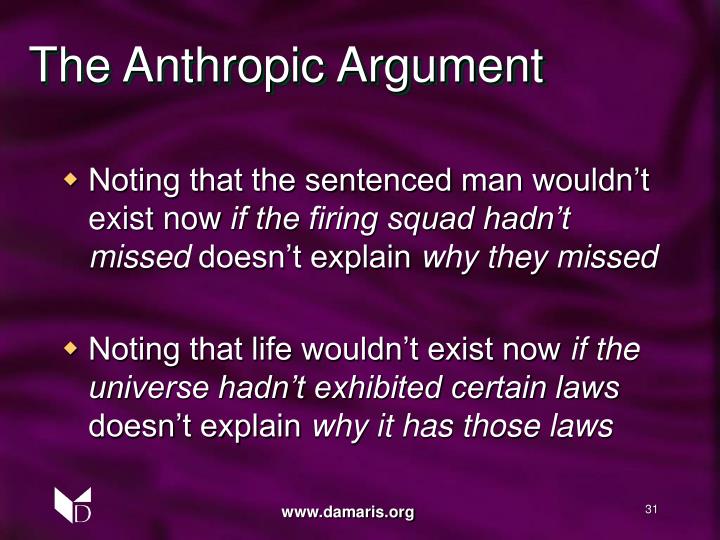

The self-indication assumption ( SIA) is a philosophical principle defined by Nick Bostrom in his book Anthropic Bias: Observation Selection Effects in Science and Philosophy. This coincides with the intuition that an observer who lives longer has more opportunities to experience herself existing, and it provides flexibility to refine reference classes in certain thought experiments in order to avoid paradoxical conclusions. It is often used in anthropic reasoning.īostrom, in his book Anthropic Bias: Observation Selection Effects in Science and Philosophy, has suggested refining SSA to what he calls the strong self-sampling assumption (SSSA), which replaces "observers" in the SSA definition by "observer-moments". SSA may imply the doomsday argument depending on the choice of reference class. If the agents in the above example were in the same reference class as a trillion other observers, then the probability of being in the heads world, upon the agent being told they are in the sleeping beauty problem, is ≈ 1/3, similar to SIA. Unlike SIA, SSA is dependent on the choice of reference class. This is why SSA gives an answer of 1/2 probability of heads in the Sleeping Beauty problem. These worlds are equally probable, hence the SSA probability of being the first (and only) observer in the heads world is 1/2, that of being the first observer in the tails world is 1/2 × 1/2 = 1/4, and the probability of being the second observer in the tails world is also 1/4. The self-sampling assumption ( SSA), one of the two major schools of anthropic probability - the other being the self-indication assumption (SIA) - states that:Īll other things equal, an observer should reason as if they are randomly selected from the set of all actually existent observers (past, present and future) in their reference class.įor instance, if there is a coin flip that on heads will create one observer, while on tails it will create two, then we have two possible worlds, the first with one observer, the second with two.
#ANTHROPIC PRINCIPLE DEFINITION FOR FREE#
Īs of February 2020, digital copies of the text can be obtained for free on Bostrom's personal webpage.

This conundrum is sometimes called the " anthropic principle," "self-locating belief," or "indexical information".
#ANTHROPIC PRINCIPLE DEFINITION HOW TO#
Bostrom investigates how to reason when one suspects that evidence is biased by "observation selection effects", in other words, when the evidence presented has been pre-filtered by the condition that there was some appropriately positioned observer to "receive" the evidence. Anthropic Bias: Observation Selection Effects in Science and Philosophy (2002) is a book by philosopher Nick Bostrom.


 0 kommentar(er)
0 kommentar(er)
